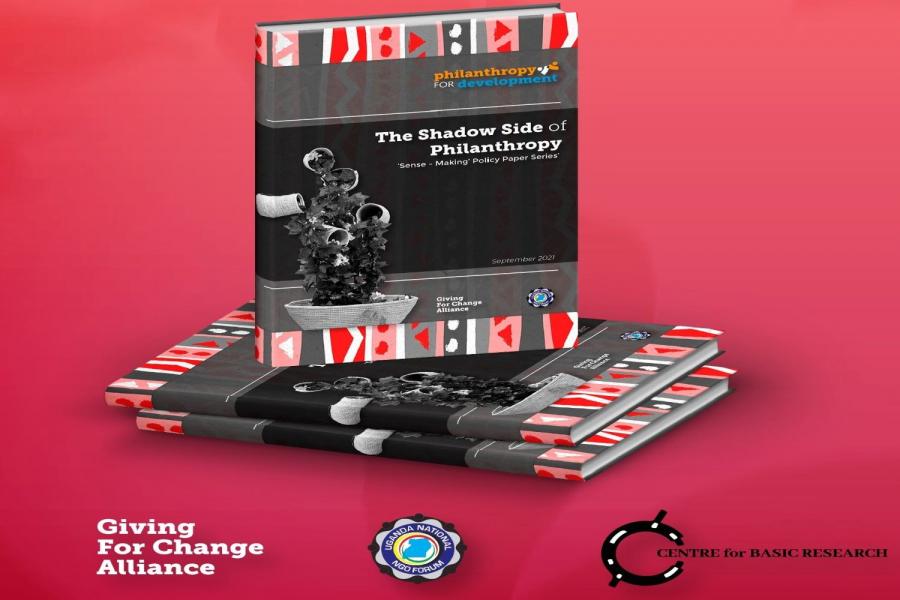
Philanthropy and Accountability are Inseparable
Sense-Making Policy Paper Four[1] gives the meaning of philanthropy as the “love of humankind”. This can be expressed through people sharing their time, talent, treasure and ties to advance the common good.
The paper further notes that philanthropy includes charitable “giving with the heart” as well as more strategic “giving with the head” and this could be done by institutional foundations and individual donors; small givers and large ones, private foundations, family foundations, donor-advised funds, giving circles, community foundations, corporate foundations among others.
On the other hand, Sense-Making Policy Paper Five[2] – The Shadow Side of Philanthropy appreciates that while this giving is happening, it’s possible there could be extents that could cast a shadow on it including; frustration, exploitation, abuse, mistrust, misfortune and many other negative complications. This paper seeks to showcase the dark side of giving, not so much as a judgmental exercise, but rather an awareness creation endeavor. This policy paper was thus discussed during a webinar organized by UNNGOF and Centre for Basic Research (CBR) on 25th August 2022.
During this webinar, Ms. Cissy Kagaba, the Civil Society and Private Sector Advisor – Management Systems International (USAID) argued that philanthropy and accountability should not be separated because it is vital to disconnect genuine giving from corruption. Therefore, there is need to establish not only the motives of philanthropists but also their source of funds/resources, if giving is to make sense so as not to fall culprits of corruption as stipulated in the Anti-Money Laundering Act.
The webinar participants mutually appreciated that every good thing has a bad side, however, it only requires having the right tools for the bad to come out well. This was emphasized by Mr. Sydney Asubo, the Executive Director of the Finance Intelligence Authority who put across a number of questions for the sector to ponder on; can a good thing be bad; can kindness have a bad side; if the motive of giving is selfish, can that be taken as philanthropic; can dirty money donated to philanthropy causes be celebrated as philanthropic; what happens if the recipients abuse the given philanthropic money; should philanthropy be regulated; how will the regulation affect the good givers?
These and many more are some of the questions that the philanthropy sector ought to pay attention to so as to generate candid remedies for philanthropy to thrive.



